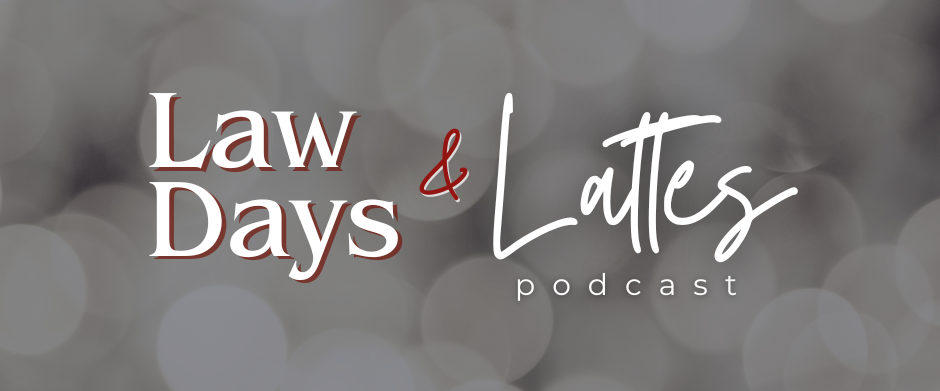Avoid Probate with a Revocable Trust!
What is a Revocable Trust?
A revocable trust is a legal agreement that allows you to manage your assets during your lifetime and distribute them efficiently after your death, bypassing the probate court process. Think of it as a framework that holds your assets and dictates how they should be handled in the future. You, the grantor (or settlor), transfer ownership of your assets to the trust, but you retain control over them while you're alive. You can even be the initial trustee, managing the assets within the trust just as you did before.
Why Choose a Revocable Trust?
- Avoid probate: By keeping your assets out of your individual name, the trust bypasses probate court, saving your loved ones time, money, and emotional stress. Probate can be lengthy and expensive, and avoiding it offers significant benefits.
- Maintain privacy: Unlike wills, which become public during probate, trust documents are generally private, keeping your financial information confidential.
- Plan for incapacity: If you become incapacitated due to illness or injury, the successor trustee named in the trust can seamlessly take over the management of your assets, ensuring your financial affairs are handled according to your wishes.
- Flexibility and control: You retain the ability to modify or revoke the trust at any time throughout your life. This flexibility allows you to adapt to changing circumstances and ensure your plan remains aligned with your evolving needs and wishes.
- Tailored distribution: The trust allows you to specify exactly how and when your assets are distributed to your beneficiaries. This level of control ensures your wishes are carried out precisely, even if your family situation changes.
- Potential tax benefits: In some cases, revocable living trusts can help minimize capital gains taxes for your beneficiaries. However, it's important to consult with a tax professional to understand how this might apply to your specific situation.
Taking Action:
- Schedule a consultation with an estate planning attorney: Discuss your individual needs and goals to determine if a revocable trust is the right fit for you. They can guide you through the setup process and ensure the trust is properly established and integrated into your overall estate plan.
- Gather information: Be prepared to openly discuss your family situation, assets, and wishes with your attorney. This information is crucial for crafting a trust that accurately reflects your desires.
Stay Tuned:
In future episodes, we'll delve deeper into other essential estate planning tools like wills and durable powers of attorney, exploring how they work alongside revocable trusts to create a comprehensive plan for protecting your loved ones and your legacy.
Remember:
While revocable trusts offer numerous advantages, they are not a DIY project. Consulting with a qualified estate planning attorney ensures your trust is set up correctly and functions effectively to achieve your estate planning goals.
Disclaimer: This podcast episode contains general information for discussion purposes only. Each case is different and must be judged on its own merits. Missouri rules generally prohibit lawyers from advertising that they specialize in particular areas of the law. This article should not be construed to suggest such specialization. Nothing on this site should be taken as legal advice for any individual case or situation. This information is not intended to create an attorney-client relationship, and the listening or viewing of this podcast does not constitute an attorney-client relationship. The choice of a lawyer is an important decision and should not be based solely upon advertisements.


